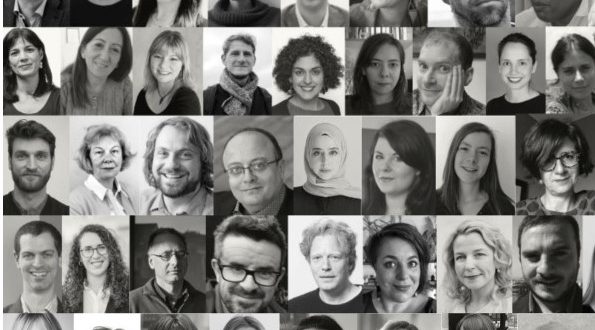Every year, more than a million asylum applications are lodged worldwide. In 2021, a total of 1.4 million claims were made, 648 thousand of which were in the European Union, but only a fraction of these will eventually lead to protection. In 2021, 22% of first instance decisions in the EU granted refugee status; another 17% granted other protection statuses. If […]
Relocating asylum seekers or paying someone else to do it for you? What citizens have to say
Relocation of asylum seekers has been at the heart of fierce controversies over the past decade. When the refugee crisis erupted in Europe in 2014-2016, the large inflows of asylum seekers shed light on the inadequacy of a system that everyone knew to be wobbly: the Dublin Regulation. Said Regulation aims to determine which EU member state is responsible for a given asylum claim lodged in the block. It relies on a hierarchy of principles that most often ends up in attributing responsibility to the member states whose border has been irregularly crossed. For mere geographical reasons, the states that happen to be located at the external borders of the EU are the ones bearing much of the responsibility. While this system somehow works so long as influxes are low, the sizeable increases of the years 2014-2016 clearly unveiled its limits; with Italy and Greece struggling to deal with the situation and calling for solidarity from their fellow member states.
What does the new EU budget have in store for migration and asylum? The effect of crises on EU spend...
While the COVID-19 crisis is slowing down in Europe, EU member states have once again been called to decide on the priorities of the Union for the next seven years and agree on a massive recovery fund to mend the damages the pandemic has done to the EU’s economy. As Romanian Ministry of European Affairs, George Ciamba declared while his country held the rotating Presidency of the Council: “The European Budget is a reflection of how we see the European Union in the future”.
On 21 July 2020, after four days and nights of intense negotiations, EU leaders reached an agreement and announced the new Multiannual Financial Framework (MFF). As far as migration and border policy are concerned, the new MFF as agreed upon by the European Council looks little like the budget the Commission had in mind in the first place.
PROTECT partner presentations: The University of Bergen
The University of Bergen on the southwestern coast of Norway is the leading partner of Protect. The university houses the initiator and project leader of Protect, Professor Hakan G. Sicakkan, as well as the rest of PROTECT’s Coordination and Management Office and Bergen-based researchers. This article dives into the research interests and contributions of the Bergen team.




